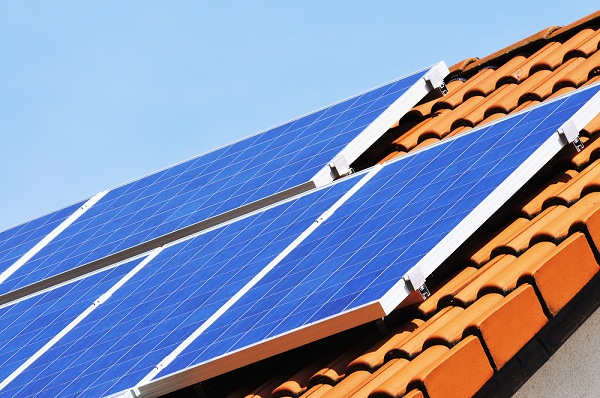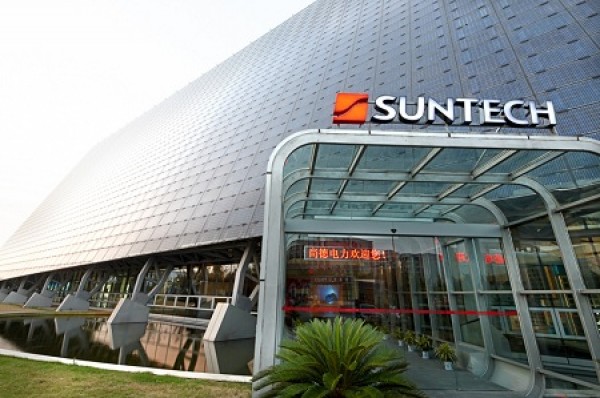If the U.S. solar industry’s leading trade organization was hoping to close the gap between the two factions at war over how to deal with cheap Chinese imports, well, it ain’t happening. The Coalition for American Solar Manufacturing (CASM), the SolarWorld-led group that brought the trade allegations that have resulted in stiff preliminary duties on Chinese solar cells and modules, today lashed out at the Solar Energy Industries Association (SEIA), accusing it of failing to live up to its pledge of neutrality.
And while that internecine battle was going full-tilt, the Chinese also ramped up hostilities. Bloomberg News reported that China’s Ministry of Commerce said it had reached a preliminary conclusion that subsidy programs for renewable energy in five states — California, New Jersey, Massachusetts, Ohio and California — violate international trade rules.

That move by the Chinese figures to escalate tensions both internationally and within the U.S. solar industry, where the parties seem to be digging in their heels — witness CASM’s outrage that SEIA would call for negotiations.
“As a SEIA member, I am extremely disappointed that SEIA would call for a premature settlement of our trade dispute,” Gordon Brinser, president of SolarWorld Industries America and head of CASM, said in a statement released before the Chinese made their own announcement today. “SEIA has maintained that it would take no position in this case, but its actions speak louder than its words.”
What drew Brinser’s ire was an SEIA statement last week in reaction to the U.S. Commerce Department’s decision to slap anti-dumping duties of around 31 percent on China’s largest solar companies, including Trina and Suntech.
“The solar industry calls upon the U.S. and Chinese governments to immediately work together towards a mutually-satisfactory resolution of the growing trade conflict within the solar industry,” SEIA said in the May 17 statement. “While trade remedy proceedings are basic principles of the rules-based global trading system, so too are collaboration and negotiations.”
Brinser today bristled at the suggestion that CASM should move an inch to avoid a trade war with China. He suggested the manufacturers he leads were merely defending themselves against an assault by the Chinese government conducted with “massive illegal trade practices.”
“Our position is straightforward: We do not need talks and we do not need deals,” Brinser said. “We need the Chinese government and industry to obey requirements of U.S. and world trade law under the WTO.”
The SEIA had walked a tightrope since SolarWorld and its CASM compatriots brought their complaints to U.S. trade bodies last October. As vehemently as CASM feels about reining in the Chinese industry, which has swamped the world with inexpensive solar panels, many U.S. solar installers and others in the industry supply chain believe duties will stymie growth by raising the cost for consumers and businesses to go solar.

The SEIA’s precarious place in the dispute has been complicated by the fact that the SEIA board chairman is Roger Efird, managing director of Suntech America. This, apparently, is what Brinser was referring to when he said the Commerce Deparment had decided to bring duties “against most Chinese manufacturers, including the largest, Suntech, which heads SEIA.”
SEIA didn’t immediately react to Brinser’s remarks, but it did weigh in on China’s new allegations. In the process, the organization made it clear it wasn’t backing off its call for negotiations.
““Today’s ruling (by China) is yet another example of the need for dialogue,” SEIA chief Rhone Resch said in a statement. “While trade remedy proceedings, such as those being pursued by both the U.S. and Chinese governments are legitimate, essential principles of a rules-based global trading system, so too are collaboration and negotiation.”